Understanding the Integral Test for Series Convergence
The Integral Test is a powerful method for determining the convergence or divergence of an infinite series. It compares the series to an improper integral of a related function. For a series \(\sum a_n\), if \(f(x)\) is a continuous, positive, decreasing function where \(a_n = f(n)\), the convergence of the integral \(\ \int_1^\infty f(x) \, dx \) determines the behavior of the series. If the integral converges, so does the series; if the integral diverges, the series diverges as well. This test is particularly useful when the terms of the series resemble a simple function.

The Integral Test is used to determine the convergence or divergence of an infinite series by comparing it to an improper integral. If you have a series \(\sum a_n\), where \(a_n = f(n)\) and \(f(x)\) is a continuous, positive, and decreasing function for \(\geq 1\), you can apply the Integral Test. The test compares the series to the improper integral of \(f(x)\) over the interval \([1, \infty)\): \(\int_1^\infty f(x) \, dx\)
- If the integral converges, the series also converges.
- If the integral diverges, the series also diverges.
The test is particularly useful for series where the terms resemble well-known functions that are easy to integrate, such as exponential or polynomial terms. However, if the function doesn’t meet the criteria of being positive, continuous, and decreasing, the test cannot be applied.
Here are two more examples demonstrating the Integral Test:
1. Converging Example:
Series: \(\sum_{n=1}^{\infty} \frac{e^{-n}}{n}\)
Function: \(f(x) = \frac{e^{-x}}{x}\)
Apply the Integral Test: Evaluate the integral: \(\int_1^\infty \frac{e^{-x}}{x} \, dx\)
This integral converges because the function \(\frac{e^{-x}}{x}\) decays rapidly for large \(x\). Therefore, the series \(\sum_{n=1}^{\infty} \frac{e^{-n}}{n}\) converges.
2. Diverging Example:
Series: \(\sum_{n=1}^{\infty} \frac{1}{n \ln(n)}\)
Function: \(f(x) = \frac{1}{x \ln(x)}\)
Apply the Integral Test: Evaluate the integral: \(\int_2^\infty \frac{1}{x \ln(x)} \, dx\)
This is a known divergent integral (it diverges logarithmically). Therefore, the series \(\sum_{n=1}^{\infty} \frac{1}{n \ln(n)}\) diverges.
Related to This Article
More math articles
- Alternating Series
- 10 Most Common 5th Grade PARCC Math Questions
- How to Dividing Fractions by Whole Numbers in Recipes!
- Estimating Sums
- Other Topics Puzzle – Challenge 95
- Word Problems Involving Volume of Cubes and Rectangular Prisms
- How to Find Similarity and Ratios? (+FREE Worksheet!)
- How to Solve and Graph One-Step Multiplication and Division Equations
- How Is the PERT Test Scored?
- 4th Grade Ohio’s State Tests Math Worksheets: FREE & Printable
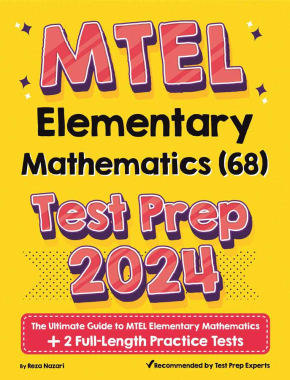

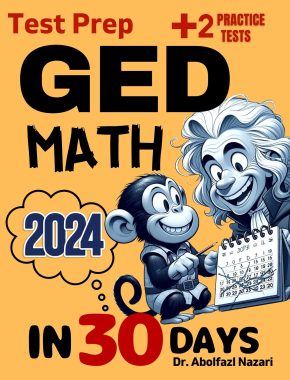

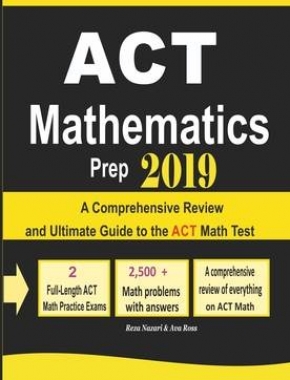
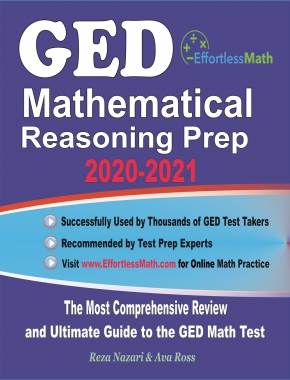
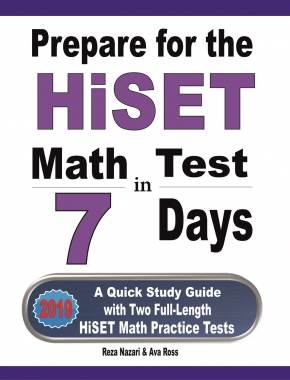
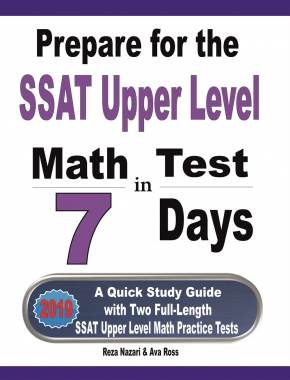
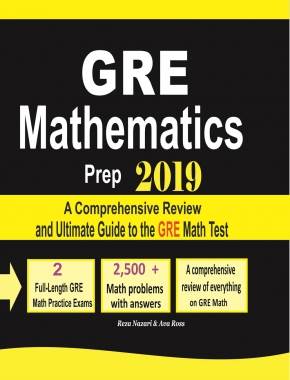
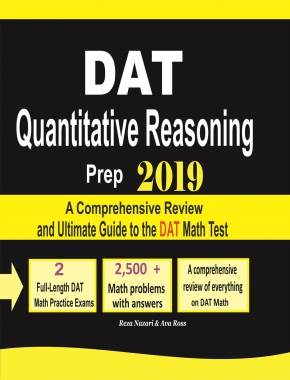
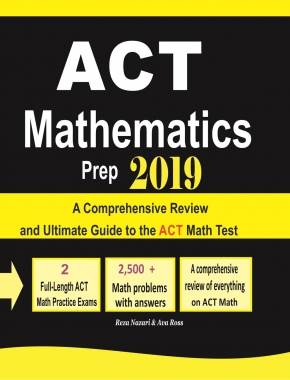
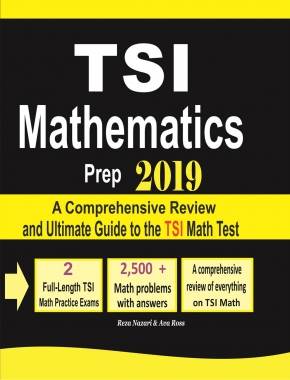
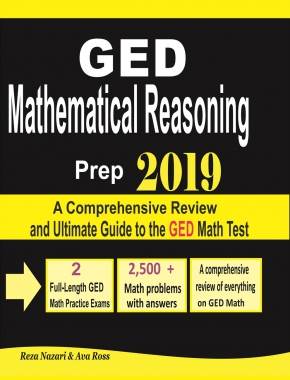
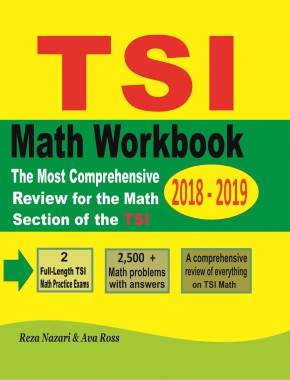
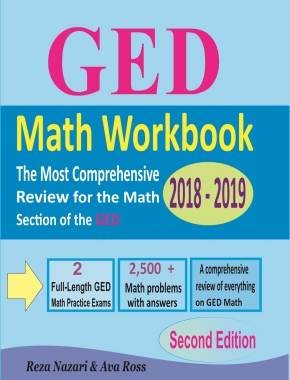











What people say about "Understanding the Integral Test for Series Convergence - Effortless Math: We Help Students Learn to LOVE Mathematics"?
No one replied yet.